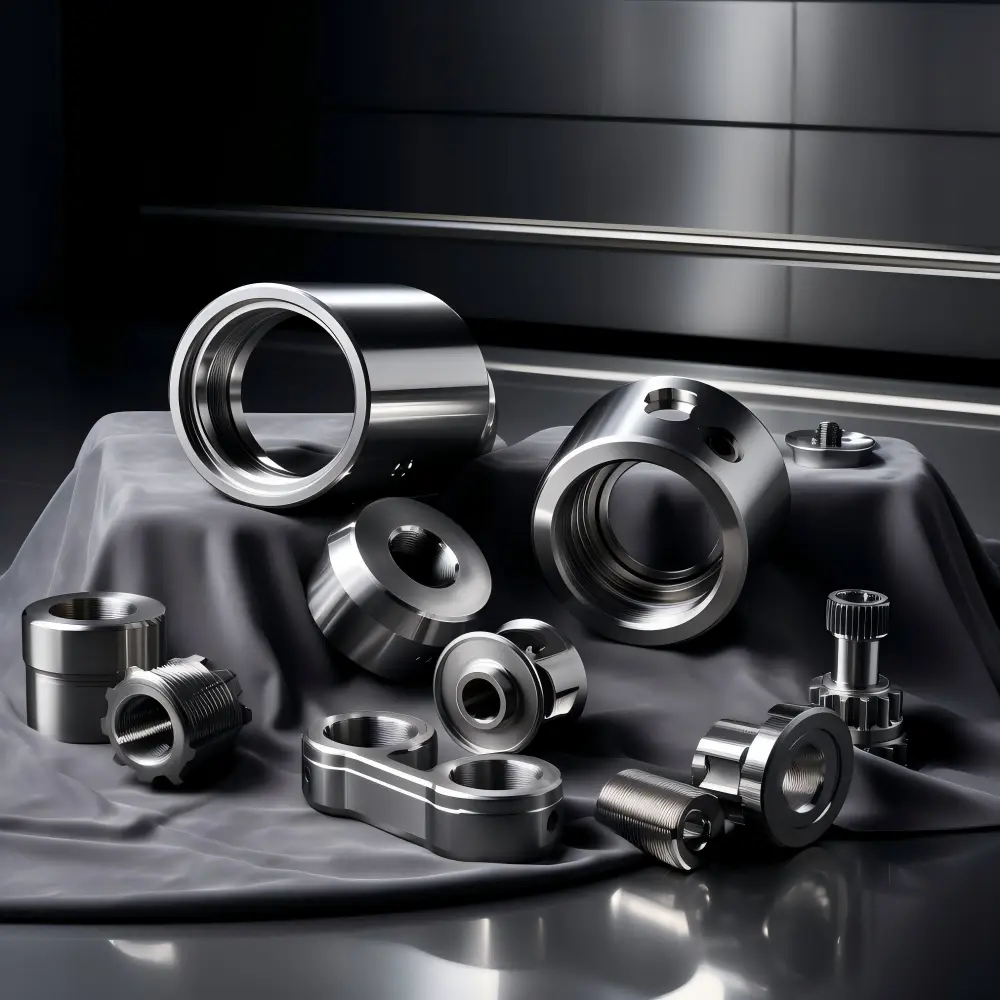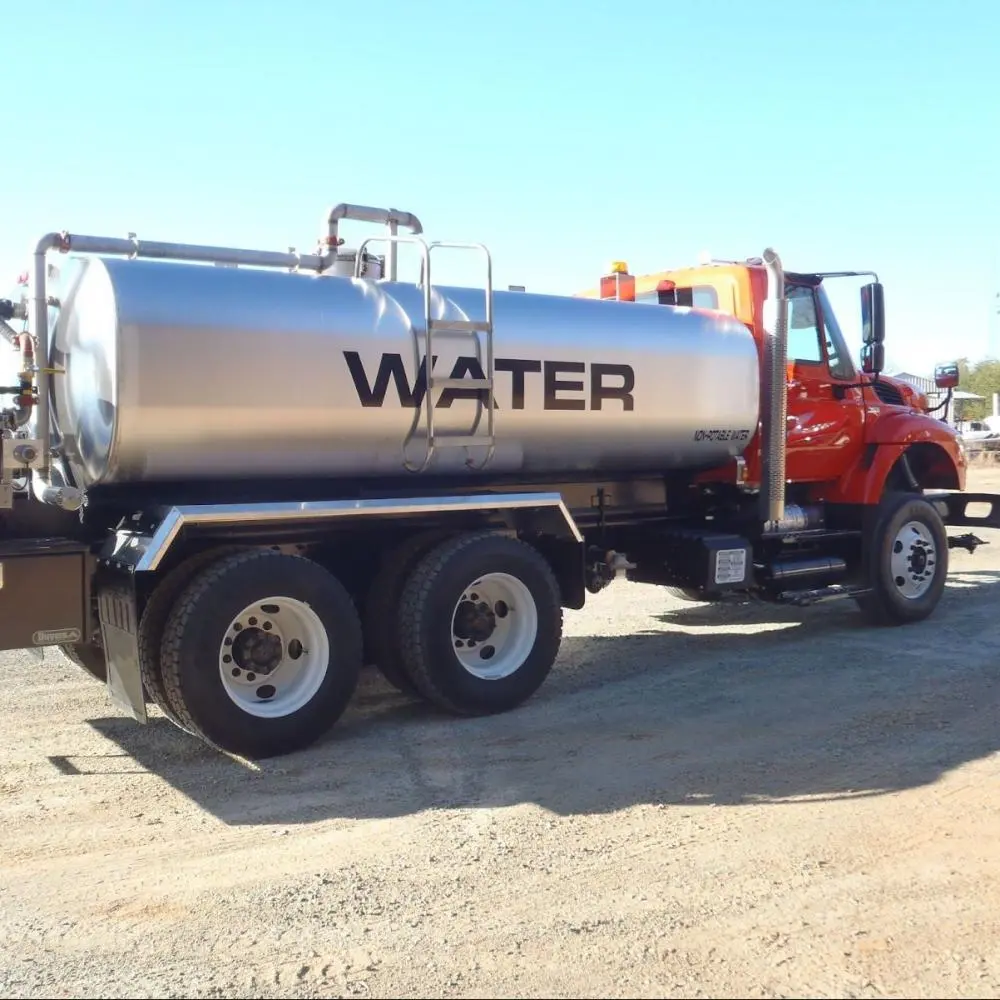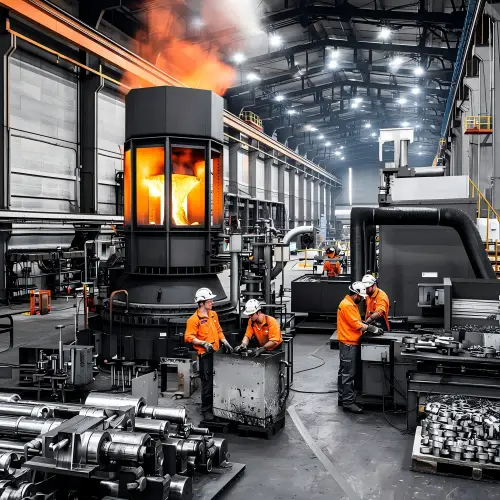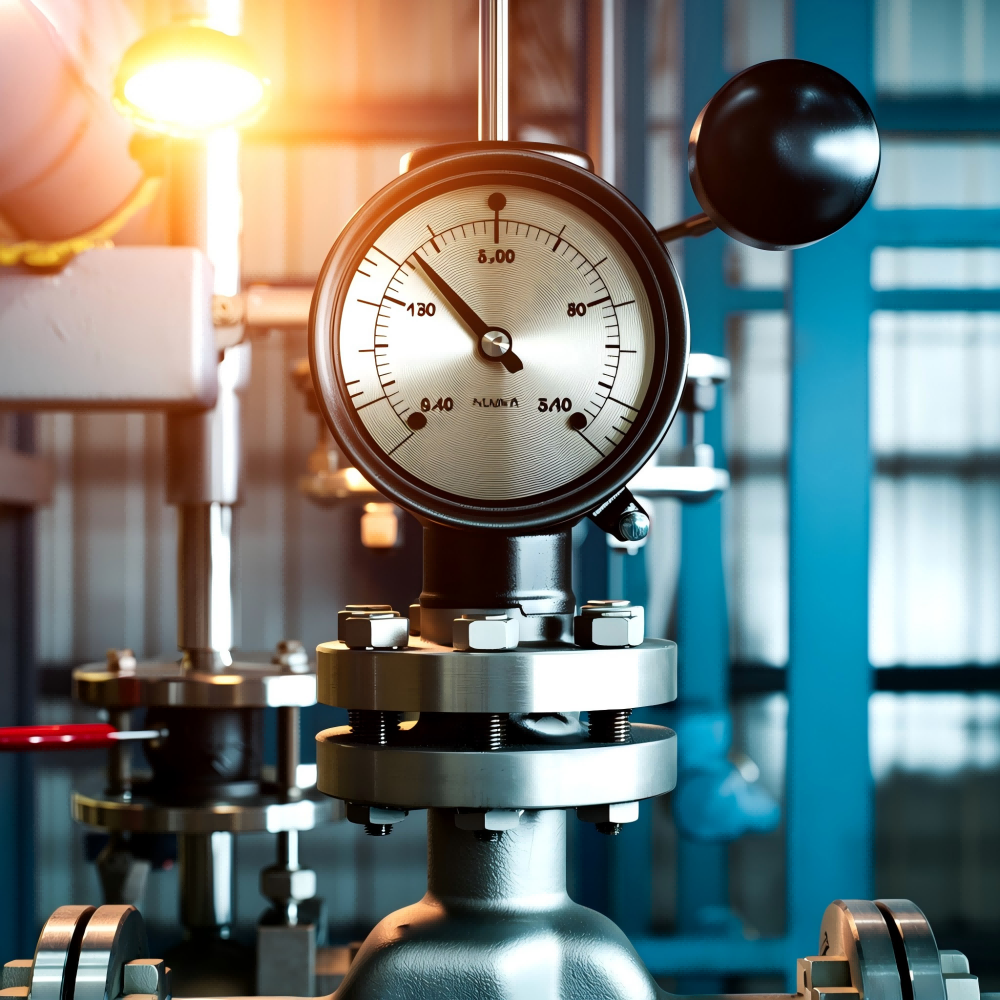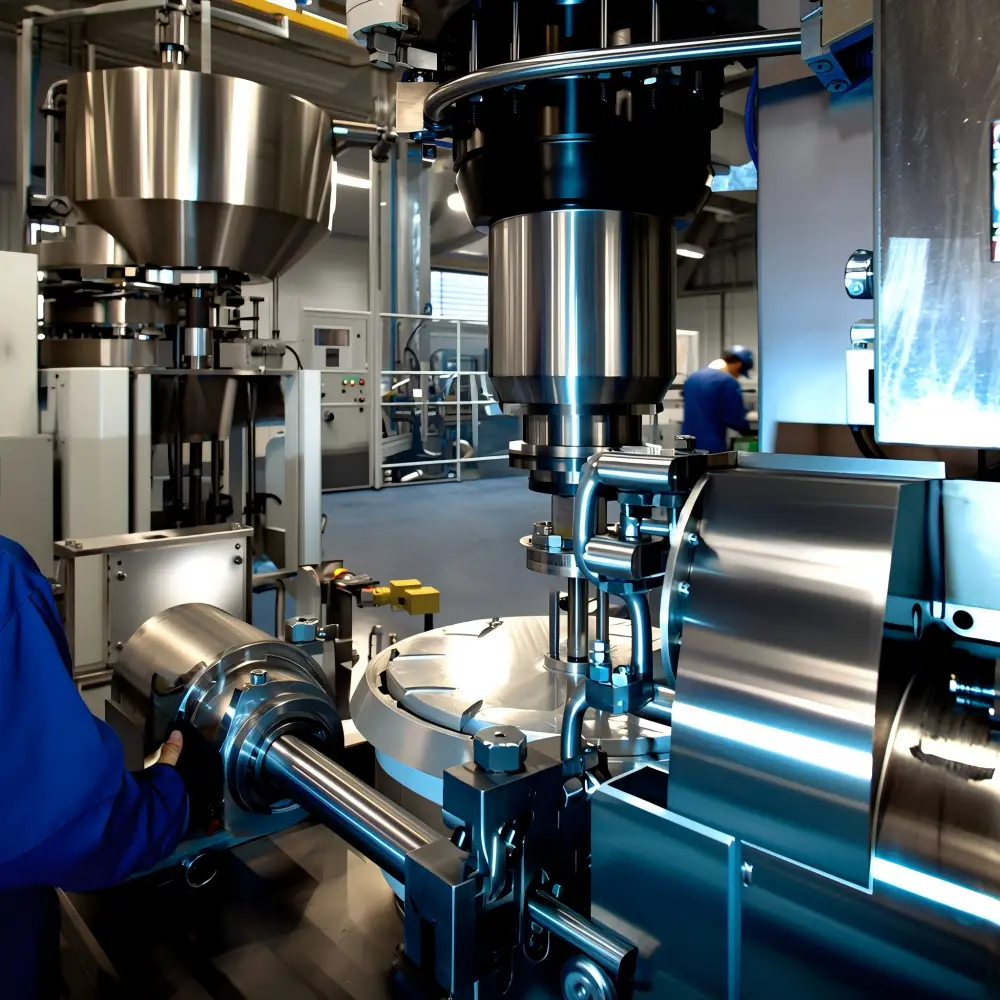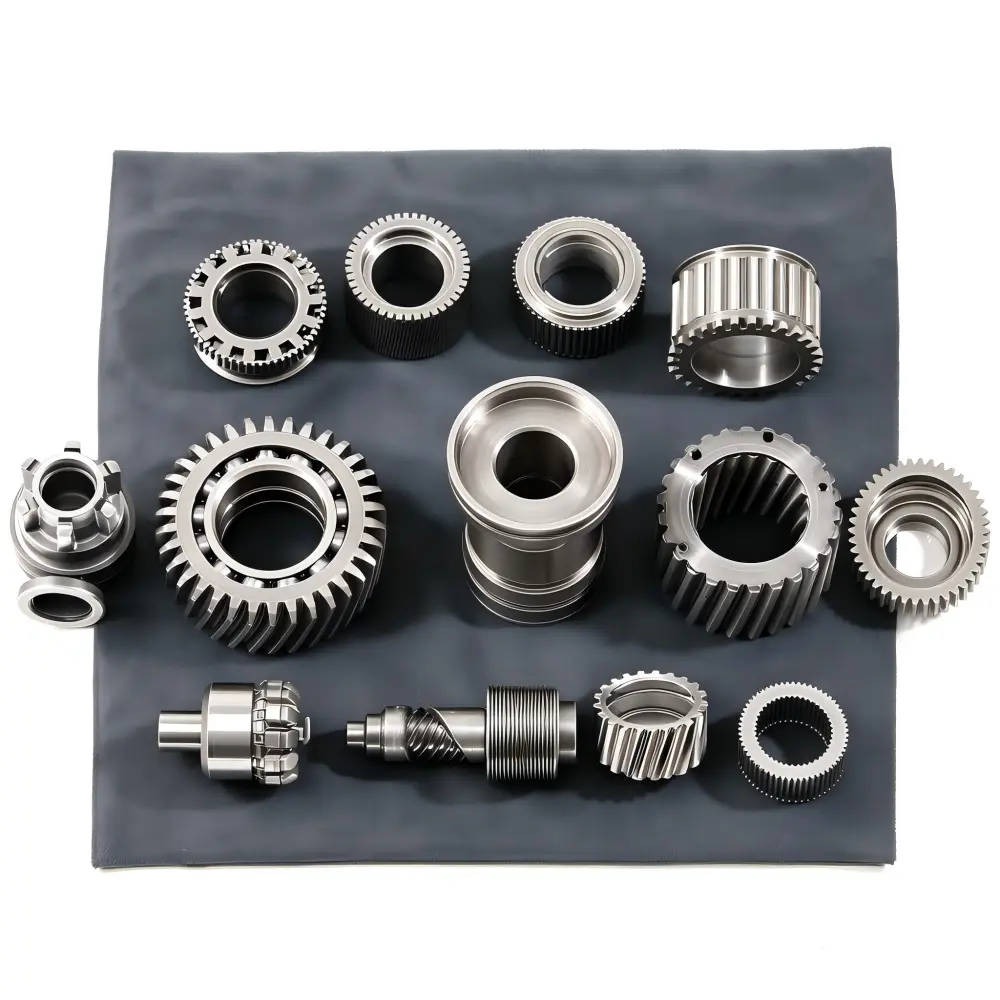How Silicon Bronze Precision Castings Power Electric Systems
Silicon bronze precision castings play a crucial role in electric power systems. Their exceptional properties ensure reliability and efficiency in demanding environments. This copper-silicon alloy resists corrosion, providing durability even under harsh conditions. Its strength supports high-stress applications, while its conductivity minimizes energy losses during power transmission. These qualities make silicon bronze components indispensable for maintaining the performance and longevity of critical electric infrastructure.
Key Takeaways
- Silicon bronze Precision Castings are essential for electric power systems due to their exceptional corrosion resistance, strength, and electrical conductivity.
- The precision Casting Process ensures high-quality components with tight tolerances, reducing defects and enhancing reliability in critical applications.
- Using silicon bronze components leads to long-term cost savings by minimizing maintenance needs and energy losses during power transmission.
- Silicon bronze's durability allows it to withstand harsh environmental conditions, making it ideal for outdoor and industrial applications.
- Customization through precision casting enables manufacturers to create tailored solutions that meet specific operational requirements in electric systems.
- Investing in silicon bronze precision castings supports the longevity and efficiency of electric power infrastructure, ensuring consistent performance over time.
What Are Silicon Bronze Precision Castings?
Defining Silicon Bronze
Composition and characteristics of silicon bronze as a copper-silicon alloy.
Silicon bronze is a copper-based alloy that incorporates silicon as its primary alloying element. This combination enhances the material's mechanical and chemical properties, making it highly versatile. The typical composition includes copper, silicon, and small amounts of other elements like manganese or zinc. These additional elements further improve the alloy's strength and durability.
The alloy's unique characteristics set it apart from other materials. It exhibits excellent resistance to corrosion, even in environments with high moisture or exposure to chemicals. Its mechanical strength allows it to endure significant stress without deformation. These qualities make silicon bronze an ideal choice for demanding applications in electric power systems.
Key properties: corrosion resistance, strength, electrical and thermal conductivity.
Silicon bronze offers a rare combination of properties that are critical for electric power applications. Its corrosion resistance ensures long-term performance, even in harsh conditions such as coastal or industrial environments. The material's strength supports components that must withstand mechanical stress and wear over time.
Electrical conductivity is another standout feature of silicon bronze. It minimizes energy losses during power transmission, ensuring efficient operation of electric systems. Additionally, its thermal conductivity allows for effective heat dissipation, which is essential for maintaining the stability of high-performance components.
Overview of Precision Casting
Explanation of the precision casting process and its importance.
Precision casting, also known as investment casting, is a manufacturing process that produces highly detailed and accurate components.
This method is crucial for industries requiring intricate designs and tight tolerances. Precision casting ensures that each component meets exact specifications, reducing the risk of defects. This level of accuracy is vital for electric power systems, where even minor imperfections can compromise performance.
How precision casting ensures high-quality, complex components.
Precision casting delivers components with exceptional quality and complexity. The process allows for the creation of intricate geometries that would be difficult or impossible to achieve with other manufacturing methods. It also ensures uniformity across production batches, which is essential for maintaining consistency in electric systems.
The ability to produce complex shapes with minimal material waste makes precision casting an efficient and cost-effective solution. For silicon bronze precision castings, this process enhances the material's inherent properties, resulting in components that are both durable and reliable. These qualities make precision casting indispensable for manufacturing critical parts in electric power systems.
Applications of Silicon Bronze Precision Castings in Electric Power Systems
Substation and Power Connectors
Role of silicon bronze in ensuring reliable and efficient power transmission.
Substations and power connectors demand materials that can handle high electrical loads without compromising performance. Silicon bronze precision castings excel in this role by providing exceptional electrical conductivity. This property minimizes energy losses during power transmission, ensuring efficient operation across the system. The alloy's mechanical strength also supports the structural integrity of connectors, which must endure constant stress from electrical currents and environmental factors.
Reliable power transmission depends on components that maintain consistent performance over time. Silicon bronze precision castings meet this requirement by delivering durability and stability. These qualities make them indispensable for substation and power connector applications, where reliability is critical to avoid disruptions in the electric grid.
Resistance to corrosion in harsh environments.
Substations often operate in environments exposed to moisture, chemicals, and temperature fluctuations. Corrosion can compromise the performance and lifespan of components in such conditions. Silicon bronze precision castings resist corrosion effectively, even in the most challenging environments. This resistance ensures that connectors remain functional and safe, reducing the risk of system failures.
The alloy's ability to withstand harsh conditions extends the service life of substation components. This longevity reduces maintenance requirements and replacement costs, making silicon bronze a cost-effective choice for electric power systems.
Switches and Circuit Breakers
Use of silicon bronze in high-stress electrical components.
Switches and circuit breakers play a vital role in controlling and protecting electric power systems. These components must endure high levels of mechanical and electrical stress. Silicon bronze precision castings provide the necessary strength to withstand these demands. The material's robust structure ensures that switches and circuit breakers perform reliably under heavy loads.
Precision casting enhances the quality of silicon bronze components used in these applications. The process produces parts with tight tolerances and intricate designs, ensuring compatibility with complex electrical systems. This precision contributes to the overall efficiency and safety of switches and circuit breakers.
Benefits of durability and conductivity in these applications.
Durability is a key requirement for switches and circuit breakers, as they must operate consistently over long periods. Silicon bronze precision castings offer exceptional wear resistance, allowing these components to function effectively even after repeated use. This durability reduces the likelihood of malfunctions, enhancing the reliability of the entire system.
Electrical conductivity is another critical factor in these applications. Silicon bronze minimizes energy losses, ensuring efficient power flow through switches and circuit breakers. This combination of durability and conductivity makes the alloy an ideal choice for high-stress electrical components.
Grounding Clamps and Bushings
Examples of additional uses in electric systems.
Grounding clamps and bushings are essential for maintaining the safety and stability of electric power systems. These components provide secure connections between electrical equipment and grounding systems, preventing electrical faults and ensuring proper operation. Silicon bronze precision castings are widely used in the production of these components due to their superior properties.
Examples of grounding applications include clamps for grounding rods and bushings for insulating electrical connections. These components must perform reliably under various conditions, including exposure to moisture and mechanical stress. Silicon bronze ensures that grounding clamps and bushings meet these performance standards.
Why silicon bronze is preferred for these components.
Silicon bronze offers a unique combination of strength, corrosion resistance, and conductivity, making it the preferred material for grounding clamps and bushings. The alloy's resistance to environmental factors ensures long-term performance, even in outdoor or industrial settings. Its mechanical strength provides the durability needed to withstand physical stress during installation and operation.
Precision casting further enhances the quality of silicon bronze components. The process allows for the production of complex shapes and tight tolerances, ensuring that grounding clamps and bushings fit seamlessly into electric systems. These advantages make silicon bronze an essential material for critical grounding applications.
Benefits of Using Silicon Bronze in Electric Systems
Durability and Longevity
Resistance to wear, corrosion, and environmental factors.
Silicon bronze precision castings exhibit exceptional resistance to wear and corrosion. This property ensures that components maintain their structural integrity even when exposed to harsh environmental conditions. The alloy's ability to withstand moisture, chemicals, and temperature fluctuations makes it a reliable choice for electric systems operating in challenging settings. Its durability reduces the risk of degradation, ensuring consistent performance over extended periods.
The material's resilience against environmental factors also enhances its suitability for outdoor and industrial applications. Components crafted from silicon bronze precision castings endure mechanical stress and environmental exposure without compromising functionality. This resistance contributes to the long-term reliability of electric power systems.
Reduced maintenance and replacement costs over time.
The durability of silicon bronze minimizes the need for frequent maintenance or replacements. Components made from this alloy retain their performance capabilities for years, reducing operational disruptions. This longevity translates into significant cost savings for electric power systems, as fewer resources are required for repairs or replacements.
By investing in silicon bronze precision castings, industries benefit from reduced downtime and lower maintenance expenses. The alloy's ability to maintain its properties over time ensures that electric systems operate efficiently, even in demanding environments. This cost-effective solution supports the long-term sustainability of critical infrastructure.
Cost-Effectiveness
Balance of performance and affordability.
Silicon bronze offers an ideal balance between performance and affordability. Its unique combination of strength, conductivity, and corrosion resistance provides exceptional value for electric power applications. While the initial investment may be higher than some alternatives, the material's long-term benefits outweigh the upfront costs.
The precision casting process further enhances the cost-effectiveness of silicon bronze components. By producing intricate designs with minimal material waste, this method ensures that each part meets exact specifications. This efficiency reduces production costs while maintaining the high quality required for electric systems.
Long-term savings due to reduced energy losses and maintenance.
The high electrical conductivity of silicon bronze minimizes energy losses during power transmission. This efficiency reduces operational costs by ensuring that more energy reaches its intended destination. Over time, these savings contribute to the overall cost-effectiveness of electric power systems.
Additionally, the alloy's durability lowers maintenance and replacement expenses. Components crafted from silicon bronze precision castings require less frequent servicing, resulting in reduced labor and material costs. These long-term savings make silicon bronze an attractive option for industries seeking reliable and economical solutions.
Performance Under High-Stress Conditions
Ability to withstand high temperatures and electrical loads.
Silicon bronze precision castings excel in high-stress environments. The alloy's ability to endure elevated temperatures and heavy electrical loads ensures reliable performance in demanding applications. This property makes it an ideal choice for components such as switches, circuit breakers, and power connectors.
The material's thermal conductivity also plays a crucial role in maintaining stability under stress. By dissipating heat efficiently, silicon bronze prevents overheating and ensures the safe operation of electric systems. This capability enhances the reliability of components exposed to extreme conditions.
Reliability in critical and demanding applications.
Electric power systems rely on components that perform consistently under pressure. Silicon bronze precision castings deliver the strength and durability needed for critical applications. Their resistance to mechanical stress and environmental factors ensures that they function reliably, even in the most challenging scenarios.
Precision casting techniques further enhance the performance of silicon bronze components. By achieving tight tolerances and complex geometries, this process ensures compatibility with advanced electric systems. The resulting reliability supports the uninterrupted operation of essential infrastructure, making silicon bronze a trusted material for high-stress applications.
The Role of Precision Casting in Manufacturing Silicon Bronze Components
Ensuring High-Quality Components
How precision casting achieves tight tolerances and complex geometries.
Precision casting ensures the production of components with tight tolerances and intricate geometries.
This method allows manufacturers to achieve exceptional accuracy in component dimensions. The ability to replicate complex shapes with minimal deviation ensures that each part meets the exact specifications required for electric power systems. Precision casting eliminates inconsistencies, making it an essential technique for producing high-quality silicon bronze components.
Importance of consistency and reliability in electric power applications.
Consistency and reliability are critical in electric power applications. Components must perform uniformly to maintain the stability of the entire system. Precision casting addresses this need by delivering parts with consistent quality across production batches. The process minimizes defects, ensuring that each component functions as intended.
Silicon bronze precision castings provide the durability and performance needed for demanding electric power environments.
Customization for Electric Systems
Tailoring components to meet specific system requirements.
Electric power systems often require components tailored to unique specifications. Precision casting enables manufacturers to customize silicon bronze components to meet these demands. By adjusting the design of the wax model, manufacturers can create parts that fit seamlessly into specific applications.
This flexibility allows for the production of components with specialized features, such as unique shapes or enhanced performance characteristics. Customization ensures that each part aligns with the operational requirements of the system, improving overall efficiency and functionality. Precision casting provides the adaptability needed to address the diverse needs of the electric power industry.
Examples of custom solutions in the electric power industry.
The electric power industry benefits from a wide range of custom solutions made possible by precision casting. For instance, manufacturers produce substation connectors with unique geometries to optimize power transmission. Grounding clamps and bushings are also tailored to withstand specific environmental conditions, such as high moisture or extreme temperatures.
Switches and circuit breakers often require components designed to handle varying levels of electrical stress. Precision casting allows for the creation of these specialized parts, ensuring compatibility with advanced systems. These examples highlight the versatility of precision casting in addressing the complex challenges of electric power applications.
Silicon bronze precision castings play a pivotal role in enhancing the efficiency and reliability of electric power systems. Their exceptional properties, including corrosion resistance, strength, and conductivity, make them indispensable for critical components such as connectors, switches, and grounding clamps. The precision casting process ensures these components meet exact specifications, delivering unmatched performance and durability. By utilizing silicon bronze precision castings, the electric power industry secures long-term infrastructure stability and operational excellence, addressing the demands of modern energy systems with confidence.
FAQ
What is silicon bronze, and why is it used in electric systems?
Silicon bronze is a copper-based alloy with silicon as its primary alloying element. It offers excellent corrosion resistance, mechanical strength, and electrical conductivity. These properties make it ideal for electric systems, where durability and efficiency are critical.
How does precision casting benefit silicon bronze components?
Precision casting ensures high-quality components by achieving tight tolerances and intricate geometries. This process enhances the performance of silicon bronze by creating parts that meet exact specifications, ensuring reliability and consistency in electric power applications.
What are the main applications of silicon bronze precision castings in electric systems?
Silicon bronze precision castings are commonly used in substation connectors, switches, circuit breakers, grounding clamps, and bushings. These components play vital roles in power transmission, system protection, and grounding, ensuring the stability and safety of electric systems.
Why is corrosion resistance important for electric power components?
Corrosion can weaken components, leading to failures and costly repairs. Silicon bronze resists corrosion effectively, even in harsh environments like coastal or industrial areas. This resistance ensures long-term performance and reduces maintenance needs.
How does silicon bronze improve energy efficiency in electric systems?
Silicon bronze has high electrical conductivity, which minimizes energy losses during power transmission. This efficiency ensures that more energy reaches its intended destination, reducing operational costs and improving overall system performance.
Can silicon bronze components withstand high-stress conditions?
Yes, silicon bronze components excel under high-stress conditions. The alloy's strength and thermal conductivity allow it to endure heavy electrical loads and elevated temperatures. These qualities make it suitable for demanding applications like switches and circuit breakers.
What makes precision casting cost-effective for manufacturing electric components?
Precision casting minimizes material waste and ensures consistent quality across production batches. This efficiency reduces production costs while delivering high-performance components. The durability of silicon bronze further lowers maintenance and replacement expenses, enhancing cost-effectiveness.
Are silicon bronze components customizable for specific electric systems?
Yes, precision casting allows manufacturers to tailor silicon bronze components to meet unique system requirements. Customization ensures compatibility with specific applications, improving functionality and efficiency in electric power systems.
How does silicon bronze contribute to the longevity of electric power systems?
Silicon bronze resists wear, corrosion, and environmental factors, ensuring components maintain their integrity over time. This durability reduces the need for frequent replacements, extending the lifespan of electric power systems and lowering long-term costs.
What industries benefit most from silicon bronze precision castings?
Industries like energy, utilities, and manufacturing benefit significantly from silicon bronze precision castings. These components are essential for maintaining reliable electric power systems, ensuring operational efficiency, and supporting critical infrastructure.






